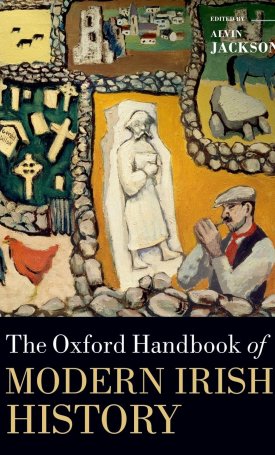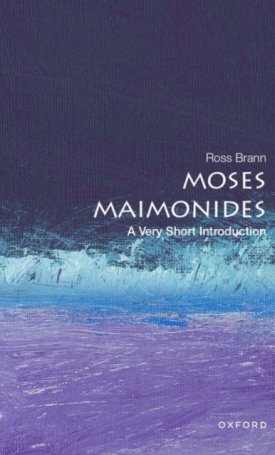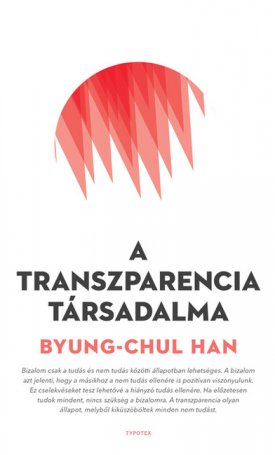The Oxford Handbook of the Mental Lexicon
ISBN: 9780198845003
Language: english
Size: 175*250
Weight: 1600 g
Page no.: 816
Publish year: 2022
The Oxford Handbook of the Mental Lexicon
This volume brings together the latest research from leading scholars on the mental lexicon - the representation of language in the mind/brain at the level of individual words and meaningful sub-word units. In recent years, the study of words as mental objects has grown rapidly across several fields, including linguistics, psychology, philosophy, neuroscience, education, and cognitive science. This comprehensive collection spans multiple disciplines, topics, theories, and methods to highlight important advances in the study of the mental lexicon, identify areas of debate, and inspire innovation in the field from present and future generations of scholars.
The book is divided into three parts. Part I presents modern linguistic and cognitive theories of how the mind/brain represents words at the phonological, morphological, syntactic, semantic, and pragmatic levels. This part also discusses broad architectural issues pertaining to the internal organization of the lexicon, the relation between words and concepts, and the role of compositionality. Part II examines how children learn the form and meaning of words in their native language, bridging learner- and environment-driven contributions and taking into account variability across both individual learners and communities. Chapters in the final part explore how the mental lexicon contributes to language use during listening, speaking, and conversation, and includes perspectives from bilingualism, sign languages, and disorders of lexical access and production.
Table of Contents
1:Introduction, Anna Papafragou, John C. Trueswell, and Lila R. Gleitman
Part I: Representing the Mental Lexicon
Part Ia: Form
2:Phonological abstraction in the mental lexicon, Eric Bakovic, Jeffrey Heinz, and Jonathan Rawski
3:Phonological variation and lexical form, Ruaridh Purse, Meredith Tamminga, and Yosiane White
4:Neural encoding of speech and word forms, David Poeppel and Yue Su
Part Ib: Meaning
5:Morphology and the mental lexicon: Three questions about decomposition, David Embick, Ava Creemers, and Amy J. Goodwin Davies
6:Syntax and the lexicon, Artemis Alexiadou
7:Lexical semantics, Ray Jackendoff
8:Logic and the lexicon: Insights from modality, Valentine Hacquard
Part Ic: Interfaces and Boundaries
9:Pragmatics and the lexicon, Florian Schwarz and Jérémy Zehr
10:Efficient communication and the organization of the lexicon, Kyle Mahowald, Isabelle Dautriche, Mika Braginsky, and Edward Gibson
11:Compositionality of concepts, Gala Stojnic and Ernie Lepore
12:Language and thought: The lexicon and beyond, Barbara Landau
Part II: Acquiring the Mental Lexicon
Part IIa: Form
13:Infants' learning of speech sounds and word forms, Daniel Swingley
14:Learning words amidst speech sound variability, Sarah C. Creel
Part IIb: Meaning
15:How learners move from sound to morphology, Katherine Demuth
16:Systematicity and arbitrariness in language: Saussurean rhapsody, Charles Yang
17:Children's use of syntax in word learning, Jeffrey Lidz
18:Easy words: Reference resolution in a malevolent referent world, Lila R. Gleitman and John C. Trueswell
19:Early logic and language, Stephen Crain
Part IIc: Interfaces and Boundaries
20:Contributions of pragmatics to word learning and interpretation, Myrto Grigoroglou and Anna Papafragou
21:Differences in vocabulary growth across groups and individuals, Christine E. Potter and Casey Lew-Williams
Part III: Accessing the Mental Lexicon
Part IIIa: Via Form
22:Spoken word recognition, James S. Magnuson and Anne Marie Crinnion
23:Word meaning access: The one-to-many mapping from form to meaning, Jennifer Rodd
24:Learning and using written word forms, Rebecca Treiman and Brett Kessler
Part IIIb: Via Meaning
25:The dynamics of word production, Oriana Kilbourn-Ceron and Matthew Goldrick
26:The neural basis of word production, Nazbanou Nozari
Part IIIc: Interfaces and Boundaries
27:The structure of the lexical item and sentence-meaning composition, Maria Mercedes Piñango
28:On the dynamics of lexical access in two or more languages, Judith Kroll, Kinsey Bice, Mona Roxana Botezatu, and Megan Zirnstein
29:Lexical representation and access in sign languages, Rachel I. Mayberry and Beatrijs Wille
30:Disorders of lexical access and production, Daniel Mirman and Erica L. Middleton
Series: Oxford Handbooks
Editor: Papafrgou, Anna, Trusewell, John C., Glaitman, Lila R.
Category: Filozófia, Filozófia / nyelvfilozófia, Discount Books




























